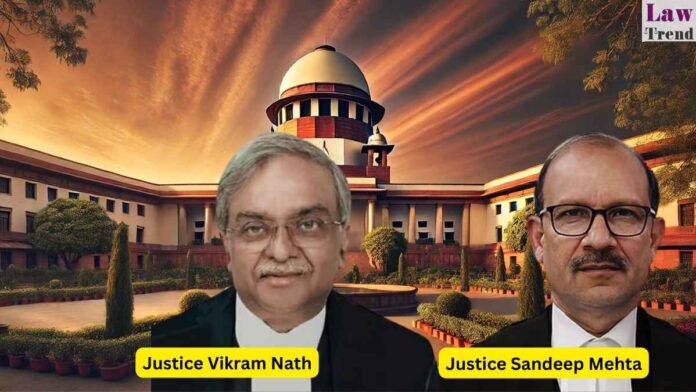The Supreme Court has held that acts allegedly aimed at suppressing evidence and obstructing justice do not attract the protection of Section 197 of the Criminal Procedure Code (CrPC), which bars prosecution of public servants without prior government sanction for acts done in the discharge of official duties. The bench comprising Justices Vikram Nath and
To Read More Please Subscribe to VIP Membership for Unlimited Access to All the Articles, Download Available Copies of Judgments/Order, Acess to Central/State Bare Acts, Advertisement Free Content, Access to More than 4000 Legal Drafts( Readymade Editable Formats of Suits, Petitions, Writs, Legal Notices, Divorce Petitions, 138 Notices, Bail Applications etc.) in Hindi and English.




